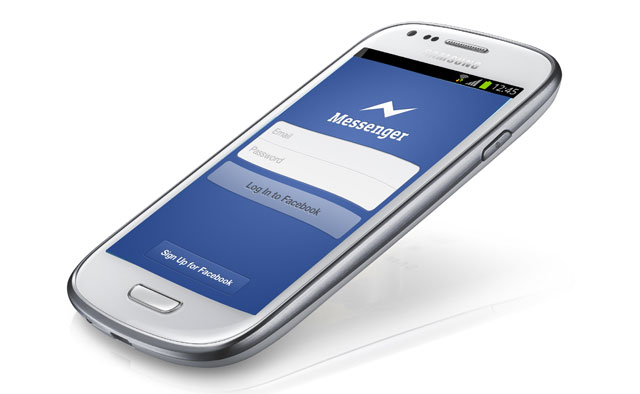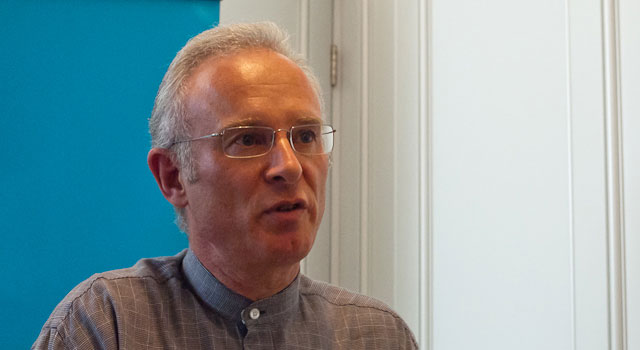
Until now the largest social network in South Africa, Mxit, which claims to have 7,4m active monthly users, has been knocked from the top spot by Facebook, with an estimated 9,4m active users, a number the researchers say may actually be on the conservative side.
This was the key finding of the South African Social Media Landscape 2014 research study published on Tuesday by World Wide Worx and Fuseware.
The study found that Facebook is now the largest social network in the country with 9,4m active users, up from 6,8m a year ago. This is the first time in the report’s history that Mxit has fallen from first place.
According to the study, Mxit had 9,5m users in August 2012, which suggests a decline of more than 2m active users in the past year. Mxit, however, says the confusion arose because it has changed its internal reporting of active users from 90-day to 30-day cycles.
Fuseware MD Mike Wronski says the data used in the study came from Mxit because, as a “closed platform”, the only data third parties have access to is what Mxit supplies. He says Mxit’s methodology changed.
Mxit claims that in August 2012, using the 30-day measure, it had 6,95m active users and that today that number is 7,4m meaning the platform has added 450 000 users rather than shedding 2m as suggested by the study.
Wronski points out that, regardless of the change of methodology at Mxit, overall Facebook is still the biggest social network in South Africa.
According to the study, Mxit faces competition from instant messaging services like WhatsApp and growing use of social networking applications on mobile phones.
Twitter, meanwhile, recorded 129% growth since last year, the highest percentage growth among South African social network users, with 5,5m South Africans now using the platform compared to 2,4m last year.
“The most significant finding, aside from the growth itself, was the extent to which social networks are being used on phones in South Africa,” says World Wide Worx MD Arthur Goldstuck.
“No less than 87% of Facebook users and 85% of Twitter users are accessing these tools on their phones.”
Goldstuck says Google+ continues to struggle to grow its user base, with only 466 000 active users in South Africa. This is only marginally higher than a year ago.
Image-sharing service Instagram, however, is enjoying stratospheric growth, with 680 000 South African users now compared to fewer than 100 000 last year. This number is expected to grow further in the coming year, according to Goldstuck, because of Instagram’s growing popularity on Android devices and the growing prevalence of the Google operating system in the South African mobile phone market.

WhatsApp is currently the most popular app in the Android, Apple and Windows app stores. In both the Android and Windows Phone stores, Facebook takes second place, while Instagram holds that slot in the Apple store.
It’s not just consumers who are using social networks; companies are increasingly doing so, too. According to the report, 93% of major brands use Facebook, 79% use Twitter, 58% use YouTube, 46% use LinkedIn and 28% use Pinterest.
However, fewer than 10% of companies surveyed reported using Mxit, Foursquare or Instagram.
Goldstuck says measuring the effectiveness of social media for companies remains “relatively unsophisticated”.
“On Twitter, 83% of companies measure effectiveness by number of followers, while only 48% conduct sentiment analysis. On Facebook, 87% measure number of fans and 79% number of posts and comments, while only 54% are assessing the tone of those posts through sentiment analysis,” he says.
A final version of the study will follow later in the year. Goldstuck says Mxit’s figures will be taken into account and clarified for the final report. — (c) 2013 NewsCentral Media




